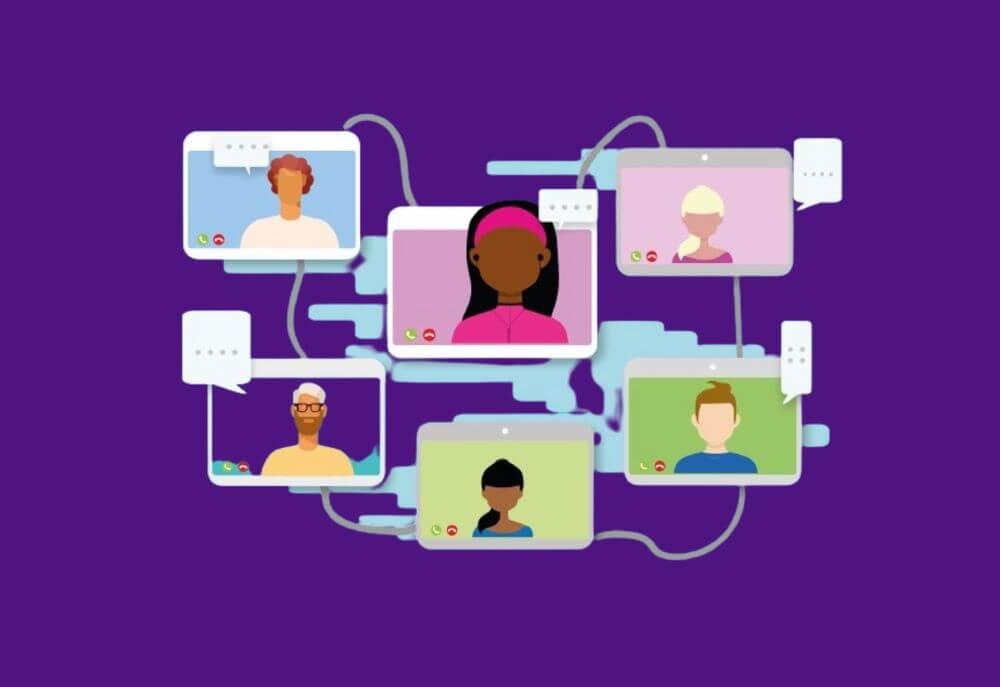Skip-level meetings offer a unique opportunity for team members to engage directly with senior managers, bypassing the usual layers of management. These meetings serve as a bridge between the leadership team and the frontline employees, allowing for open communication, unfiltered feedback, and the sharing of innovative ideas.
In our previous article, we delved into the concept of skip-level meetings, exploring their importance, structure, and how they can be a catalyst for positive change within an organization. If you’re looking to understand the foundational aspects of skip-level meetings, we recommend reading that piece.
However, this article focuses on a different aspect—how to make these meetings as effective as possible by asking the right questions and using a well-thought-out agenda. While the basic structure of a skip-level meeting is crucial, the questions you ask and the agenda you set are what truly drive the meeting’s success. Let’s dive into how you can maximize the impact of your skip-level meetings by honing in on these key elements.
Setting the Stage: A Skip-Level Meeting Agenda Template
A well-structured skip-level meeting starts with a clear agenda. Here’s a template to guide your meetings:
- Introduction: Begin by explaining the purpose of the meeting and setting a tone of openness. Encourage team members to share their thoughts without hesitation.
- Team Updates: Allow team members to briefly update on their work, highlighting achievements and challenges. This helps set the context for deeper discussions.
- Focused Discussion: Dive into key topics, guided by specific skip-level meeting questions that drive insightful conversations.
- Open Forum: Create space for team members to raise additional topics or questions. This is where unexpected insights often emerge.
- Wrap-Up and Next Steps: Summarize the discussion, outline follow-up actions, and express gratitude for the team’s input.
Ask the Right Questions: Skip-Level Meeting Questions That Matter
The questions you ask during a skip-level meeting are crucial in unlocking valuable insights. Here are some questions that can help guide the conversation:
- “What’s working well for you and the team?” This question helps identify areas of success that can be celebrated and built upon.
- “What challenges are you facing that we might not be aware of?” This encourages team members to share obstacles that might not have surfaced in regular meetings.
- “How can we better support your professional goals?” This question shows that you’re invested in the growth and development of your team members.
- “Do you have any innovative ideas that could help us improve?” Encouraging innovative ideas is key to keeping the organization dynamic and forward-thinking.
- “How can we improve communication between different teams?” This is especially important in larger organizations where silos can form.
- “What do you think about the current role and responsibilities assigned to you?” This helps assess whether team members feel their role is clear and aligned with their skills.
Turning Conversations into Action
One of the biggest mistakes companies make with skip-level meetings is not following up on the feedback received. When team members share their thoughts, they expect to see some action. Here’s how to ensure that the feedback from skip-level meetings translates into real change:
- Gather Information: Take detailed notes during the meeting, capturing all the insights and suggestions.
- Share Feedback: After the meeting, share a summary with the team, highlighting the key points discussed and the actions that will be taken.
- Provide Additional Support: If certain issues require more resources or support, make sure those needs are addressed promptly.
- Keep It Top of Mind: Regularly revisit the topics discussed in skip-level meetings to ensure that they remain a priority.
Making Skip-Level Meetings Engaging
Skip-level meetings don’t have to be dry, formal affairs. Adding a bit of creativity can make them more engaging and productive. Here are some ideas to keep the energy up:
- Daily Song Discussion: Start the meeting with a light-hearted discussion about everyone’s favorite song of the day. It’s a great way to break the ice and set a positive tone.
- Open Mind Sessions: Dedicate a part of the meeting to brainstorming, where everyone is encouraged to think outside the box and share their wildest ideas.
- Favorite Thing Spotlight: Ask team members to share something they love about their job or the company. It’s a great way to highlight what’s working well and boost morale.
- Much Dry Food: No one likes boring meetings! Keep snacks available (even virtual ones, like everyone bringing their favorite drink to the video call) to make the environment more relaxed.
Conclusion: The Power of the Right Questions
By focusing on the right questions and a well-structured agenda, skip-level meetings can become powerful tools for driving positive change within your organization. These meetings are not just about listening but also about taking meaningful action based on the feedback received. With the right approach, skip-level meetings can help you build a more engaged, innovative, and successful team.
Read also: How Should an Employee Prepare for a Skip-Level Meeting



